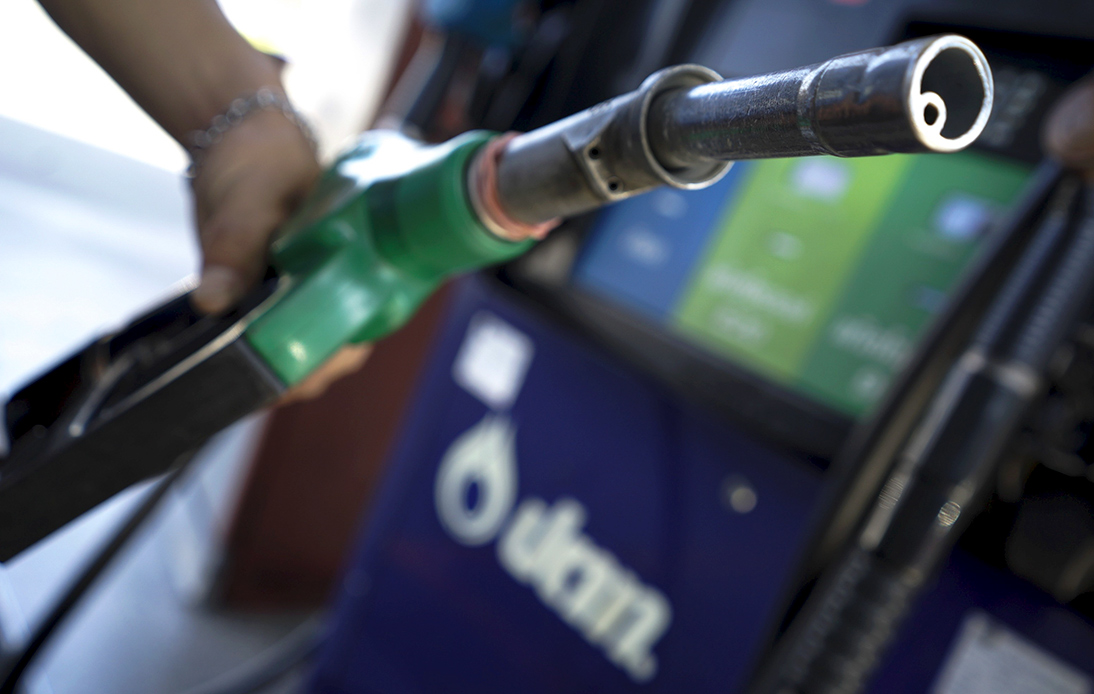
Thailand’s Finance Ministry announced that it would consider a government proposal to cut the excise duty on diesel to 1 baht per liter after May 20 to control rising inflation.
The move comes after the government decided to cut the excise duty on diesel from 5.99 baht to 3 baht per liter on February 18. The current tax cut, set to expire next week, is intended to ease inflationary pressure on the country’s public and private sectors.
However, authorities have considered extending it as goods’ prices keep rising and inflation levels are expected to hike.
An official who asked to remain anonymous said the ministry believed the Russia-Ukraine war would continue to drive up the world price of oil. In addition, Thailand faces rising headline inflation.
According to the Fiscal Policy Office’s forecast, headline inflation would rise from 1.9% recorded in January to 5% last month. The bureau first forecast economic growth of 4% by 2022, but the estimate was lowered to an average of 3.5% after the Russia-Ukraine conflict hit Thai trading partners, spiked inflation and pushed up energy prices.
However, Finance Minister Arkhom Termpittayapaisith stated he was confident that the government would amass 2.4 trillion baht, the target set for the fiscal year 2022, as its net income was 1.09 trillion baht during its first six months, well above the estimated 68.8 billion.
The high revenues resulted from a higher-than-expected tax collection by the Revenue Department. It raised 852 billion baht, 13.5% above the government’s target and 15.6% more than the previous period.
In turn, the Excise Department earned 267 billion baht in tax revenue, 5.8% below the target, after the government cut the diesel excise tax in February.
The Excise Department has lost around 17.1 billion baht in total since the diesel excise tax cut was implemented. Also, experts estimate that the latest diesel excise duty reduction could cost the department about 1.9 billion baht each month.
But the Finance Ministry considers that easing people’s cost of living amid rising inflation is more important than revenue losses, the source said.




















